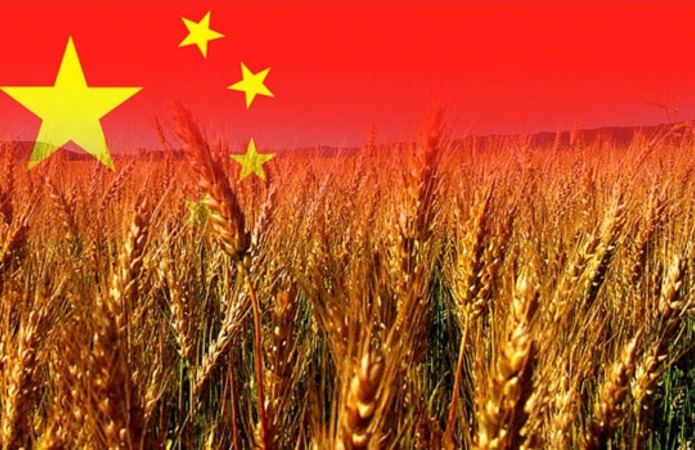Chinese authorities plan to limit feed imports to support local farmers

Chinese authorities have urged their biggest importers to cut purchases of grains, especially barley and sorghum, as heavy supplies and lower-than-expected demand pressure domestic prices and make it harder to support local farmers. Amid forecasts of a record harvest, it will be a last-ditch effort to reduce oversupply and stabilize domestic prices.
China is the world's largest importer of barley and sorghum, so any supply restrictions would hurt major exporters such as the US and Australia. Recently, the country's authorities called for a reduction in corn imports, as the volume of local supply has increased.
The development of the country's economy is gradually slowing down, so the government is tightening control over the import of goods to reduce the impact of fluctuations in world prices on its own processors and consumers. The new restrictions will not apply to already booked batches of barley and sorghum that will be delivered to the country in October-November, but will affect subsequent shipments.
China imports barley and sorghum to replace corn in feed for its large livestock, and high-quality barley is used to make beer. The government regulates wheat and corn imports through a system of annual tariff quotas, but there are no official quotas for barley and sorghum.
Domestic corn, sorghum and barley prices were near 3-year lows, while corn stocks in southern ports reached a 2-year high. In 7 months of 2024, sorghum imports almost doubled compared to last year and reached 5.21 million tons, more than 80% of which were supplied from the USA. Barley imports rose by 67%, most of which was bought in Australia after China lifted supply restrictions.


